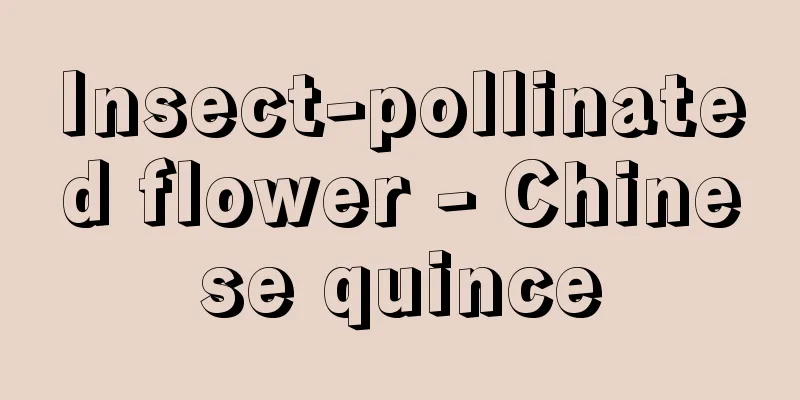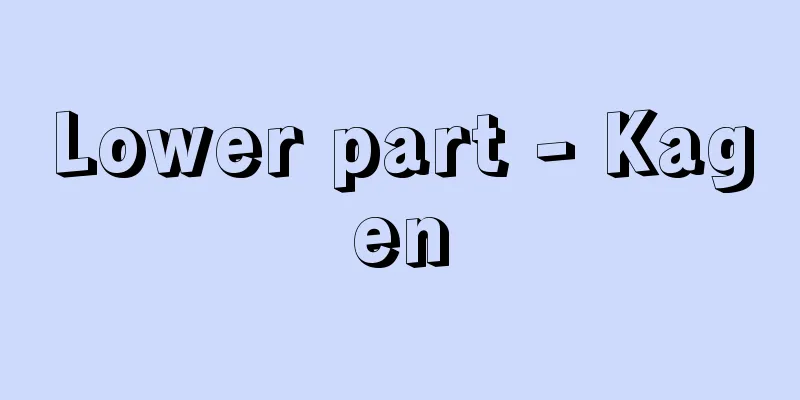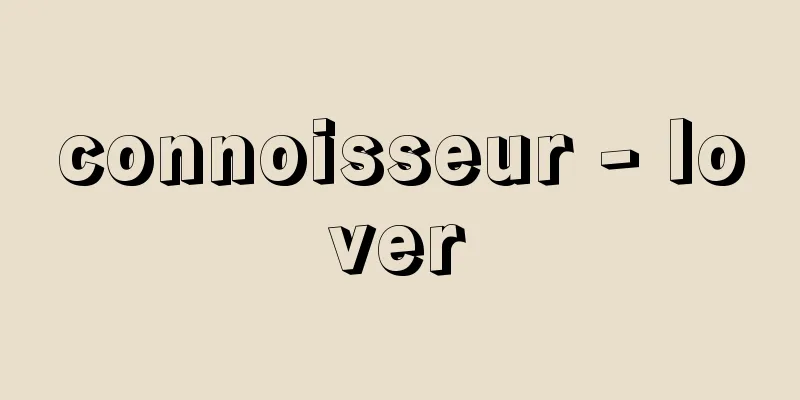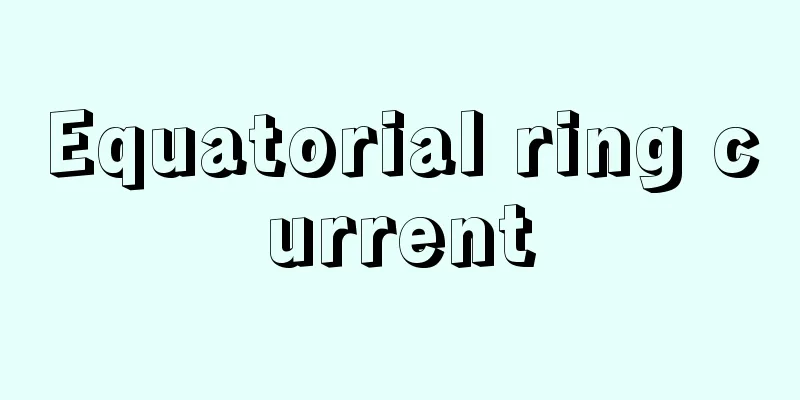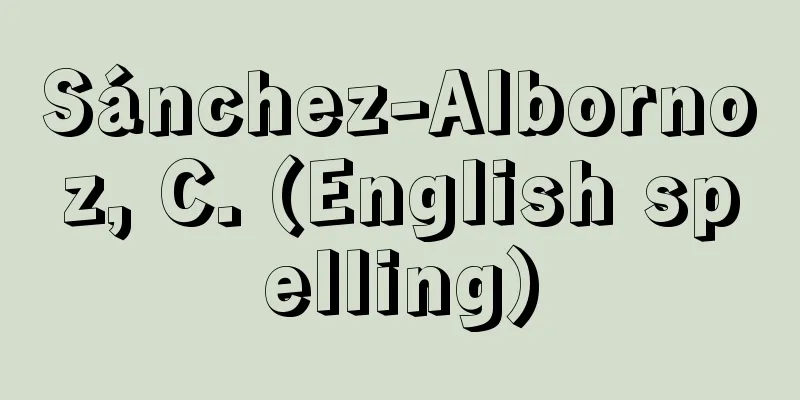Administration of justice
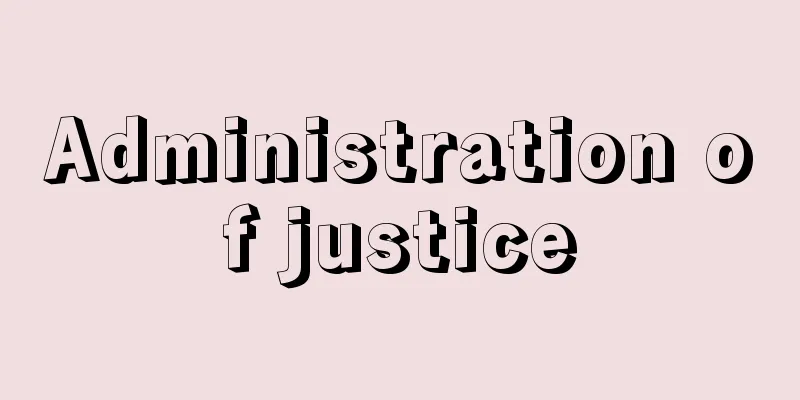
|
It involves the establishment and management of the personnel and physical facilities of the courts, which are judicial institutions, and specifically includes the appointment and dismissal of and supervision of court officials, the construction of buildings and other facilities, and the payment of remuneration, salaries, and administrative expenses. Originally, judicial administration was distinct from judicial function itself, and was an administrative function in the broad sense, essentially belonging to the authority of administrative agencies, and under the old system, it was controlled by the Ministry of Justice, and the independence of the judicial power could not be said to be complete. However, while the Constitution of Japan does not directly stipulate the judicial administrative power of the Supreme Court, it does acknowledge the complete independence and superiority of the judicial power, and it attempts to effectively make the judicial power independent by directly stipulating the composition of the Supreme Court, etc., in the Constitution (Articles 76 to 80 of the Constitution). The main specific powers held by the Supreme Court in judicial administration are to enact court rules (Article 77 of the Constitution), nominate those to be appointed as lower court judges (Article 80, paragraph 1 of the Constitution), appoint lower court judges and order them to act for others, appoint the presidents of district and family courts, appoint and dismiss court officials other than judges, establish branches and sub-offices of lower courts, allocate court officials, and supervise lower courts and their officials. Disciplinary action against judges cannot be taken by administrative agencies (Article 78 of the Constitution). [Takeyoshi Uchida] [References] | | | | |Source: Shogakukan Encyclopedia Nipponica About Encyclopedia Nipponica Information | Legend |
|
司法機関である裁判所の人的・物的施設を設営管理することで、具体的には裁判所の職員の任免・監督、庁舎などの建設、報酬・給料・事務費などの支弁がこれに入る。元来、司法行政は裁判作用そのものとは異なり、広義の行政作用で、本質的には行政機関の権能に属し、旧制度では司法省が掌握して司法権の独立は完全なものとはいえなかった。しかし日本国憲法では、最高裁判所の司法行政権を正面からは規定していないが、司法権の完全な独立と優位を認め、最高裁判所の構成などは直接憲法上で定めるなど実質的に司法権を独立させようとしている(憲法76条~80条)。 最高裁判所が有する司法行政上の具体的な権限のおもなものは、裁判所規則の制定(憲法77条)、下級裁判所裁判官に任命されるべき者の指名(憲法80条1項)、下級裁判所裁判官の補職を行い、職務代行を命じること、地方・家庭裁判所所長の任命、裁判官以外の裁判所職員の任免、下級裁判所の支部・出張所の設置、裁判所職員の定員配置、下級裁判所およびその職員の監督などである。なお、裁判官の懲戒処分は、行政機関が行うことはできない(憲法78条)。 [内田武吉] [参照項目] | | | | |出典 小学館 日本大百科全書(ニッポニカ)日本大百科全書(ニッポニカ)について 情報 | 凡例 |
<<: Judicial police - Shiho Keisatsu
Recommend
Tantra (English spelling)
The sacred texts of the Hindu Shakta sect, which w...
Petrogale xanthopus (English spelling) Petrogalexanthopus
…While kangaroos tend to live in groups in open g...
Kibun Daijin - Kibun Daijin
The title of a Nagauta song. It was first perform...
Rotteck, Karl Wenzeslaus Rodecker von
Born: July 18, 1775, Freiburg Died November 26, 18...
Thermal analysis
A general term for a method of analysis in which ...
Transportation industry - Unsougyo
A business that transports passengers and cargo in...
Battle of Henauke - Battle of Henauke
In 1643 (Kan'ei 20), the Ainu people of the Se...
Ezomurasaki - Ezomurasaki
→ Forget-me-not Source : Heibonsha Encyclopedia Ab...
Propamine
...A typical drug that stimulates the central ner...
Mzamane, M. (English spelling)
...The same can be said of writers such as Peter ...
Noh stage - Noubutai
A stage dedicated to performing Noh and Kyogen. T...
Nouveau, G. (English spelling) NouveauG
...In other words, Rimbaud recognized in Baudelai...
N-Glycolylneuraminic Acid - N-Glycolylneuraminic Acid
…A general term for acyl derivatives of neuramini...
Committee of the International Socialist Conference
…Committee of the International Socialist Confere...
Clostridium novyi (English spelling)
…[Mikiko Ono]. … *Some of the terminology that me...


